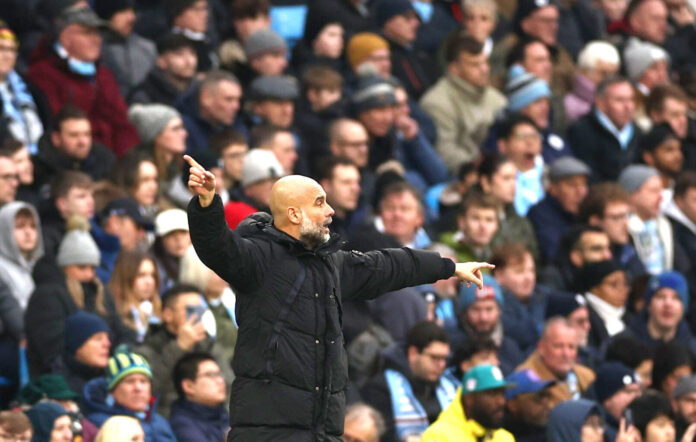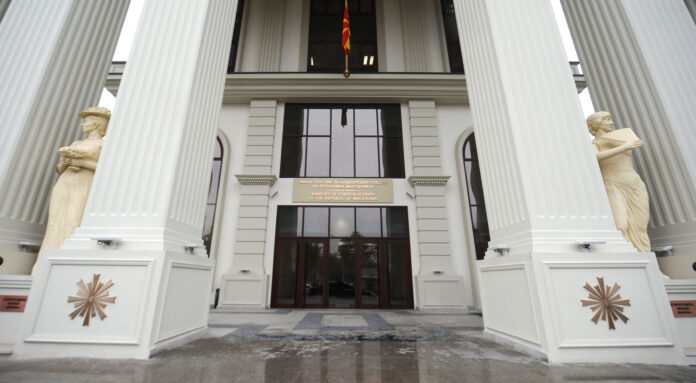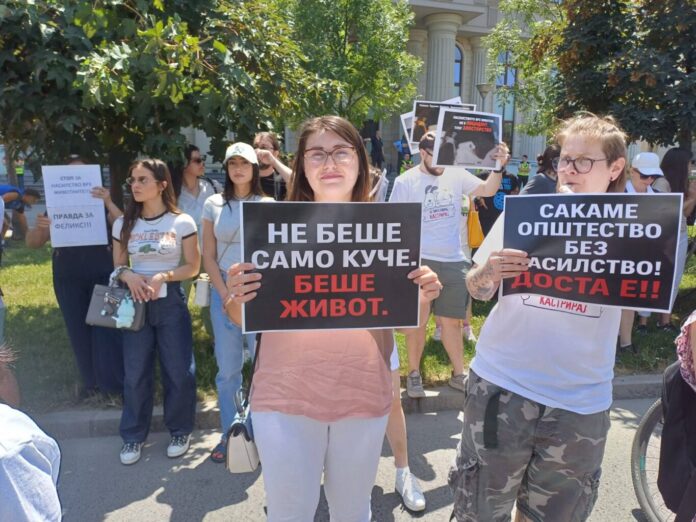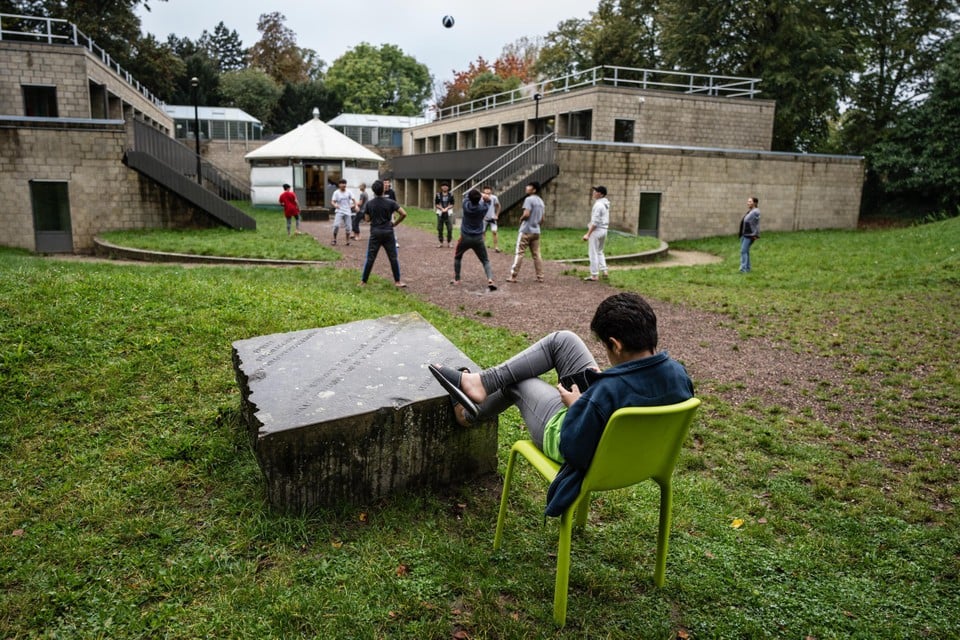Like Arteta, Flick and Enrique are inspired by Guardiola

Guardiola did not invent position football, but developed it from someone in front of him, laying the foundations for a new cultural framework. And whether we like it or not, he already prevails, writes the BBC
Football
The model of football that defines our era, often linked to coach Pep Guardiola, who has expanded to what he has learned from Johan Cruyff and Louis van Gaal, is not only the most prominent today but also the one who shapes the present and the future of the game. Guardiola did not invent position football, but developed it from someone in front of him, laying the foundations for a new cultural framework. And whether we like it or not, it already prevails. In fact, three of Guardiola’s students, Luis Enrique, Mikel Arteta and Hansi Flick, are in the Champions League semifinal (Champions League) this week, the BBC reports.
The way Guardiola will be shown again at the business end of Europe’s biggest club competition. There is a growing resistance to this model. Critics argue that he turns players into robots, removes spontaneity and requires defenders to behave like midfielders. Some fans and experts believe to be overly trained, too structured and lacking the chaos and excitement of « real football ». But that resistance may miss the wider image or responds, not to the model itself but to its bad implementations.
Let’s look at the facts. Five of the eight quarter -finalists in the Champions League this season played a version of position football. Clubs across Europe, even traditional forces like Liverpool and, in the end, Manchester United led by Ruben Amorim, gravitate towards him. It produces brilliant games, especially in European competitions, where elite coaches and players increase its potential. More than just style, it’s a winning model. Most importantly, it is a cultural force. Clubs employ managers who believe in it, academies shape players to suit him, and football education globally is reoriented around him. Not everyone is doing it right. But that has always been true in football. Not every team in the 1970s could have played as Nottingham Forest or Liverpool, but many tried because those styles defined their time. Each era has a prevailing model and it is natural for most teams to move towards it. We go out of football culture that can best be summarized as structured in defense, freedom in attack. In other words, we train the defense, and we leave the attack on the attackers’ imagination.
It changes, but cultural changes take time. The new football paradigm is being established, but it is not yet fully established. The attacking phase can be divided into three phases: building, construction and finish. When Guardiola started training in 2001, his focus was on the building phase. The famous conversation with Victor Valdes, in which Valdes thought his manager went crazy because he asked him to add to the central defenders who did not like the ball, is now part of football folklore. After the World Cup in South Africa in 2010, and especially after changing the 2019 rule that allowed players to receive the ball from the inside of the penalty area, the training of the building phase became not only the usual practice but also a fundamental pillar of modern football.
The medium -third building and management phase lasted longer to expand, but Guardiola has already begun to develop in Barcelona and have perfected it in Bayern Munich and Manchester City. However, the final stage, the last act of attacking move, remains largely unorganized. But one day, a new revolutionary will come and promote that last stage. It is the history of football. For the time being, we have brilliant practitioners who are perfecting the model, such as the three semifinalists, Unai Emery, and even Enzo Mareska, are two more. Roberto de Zerbi began pushing his borders, but his progress was stopped, the BBC reports.
– Pep was a reference to all of us what we want to play football in a certain way. You always learn by looking at his teams playing – says PSG manager Enrique. And Arsenal’s Arteta has its own attitude. « Working beside him changed the way I look at football. He gave me the tools to coach. » And Flick from Barcelona added: « Pep has greatly influenced me. He has an incredible ability to organize the game, control the space and constantly find new solutions. Watching Bayern Munich has opened my eyes. He is one of the biggest thinkers that football has ever had. »
It is easy to romanticize the past, to claim that football was formerly more, more human. But the truth is that football today is better, more complex, more adhesive, more intelligently designed. It’s harder to train, it’s harder to play and, when done well, it’s probably more beautiful to see. That’s why managers like Emery are so fascinating. He caused his beliefs, read the evolution of the game and adjusted. Such flexibility is brave. Not every manager, and a player can do it.
The hardest thing in football, as in life, is to look forward and imagine what is next. It is much easier to look back and say « it was better ». Some managers are trying to copy the model. Some succeed, others still study, and some completely oppose. But in five years almost everyone will play some version of position football. Not because they will be forced, but because football does not wait for those who refuse to evolve. The new football culture prevails and is here to stay, the BBC reports. G.








